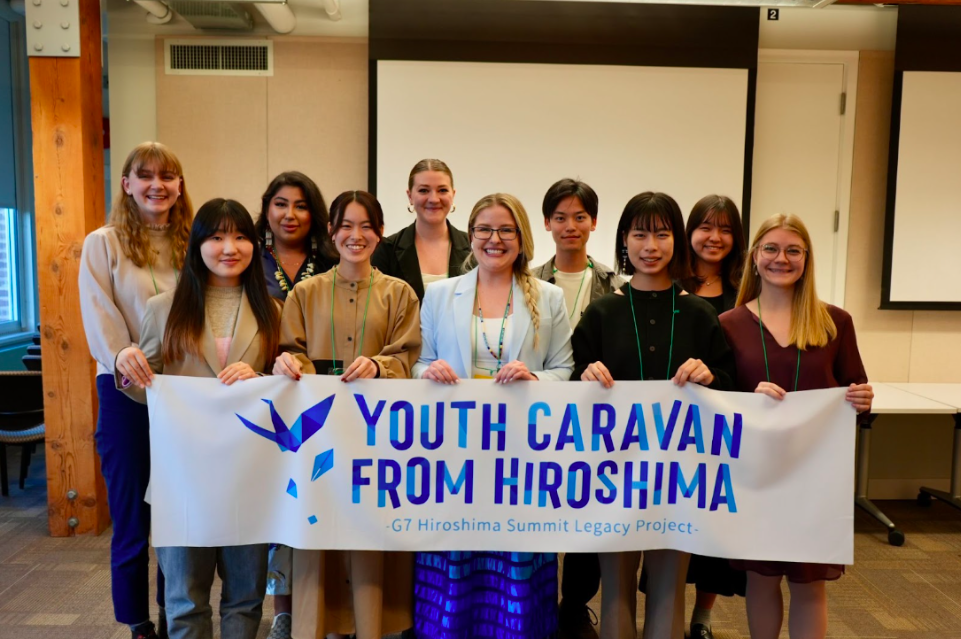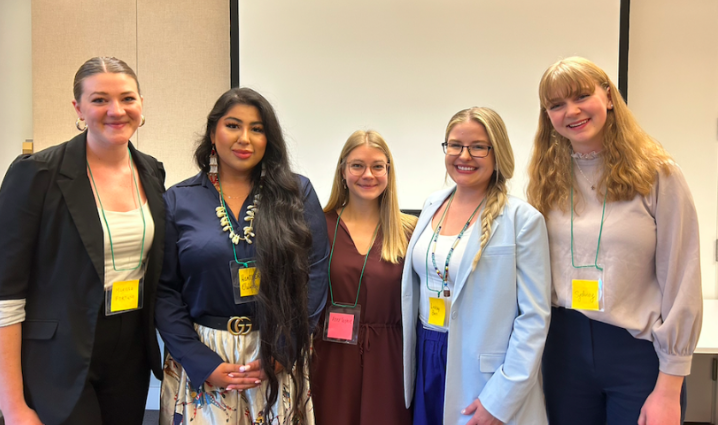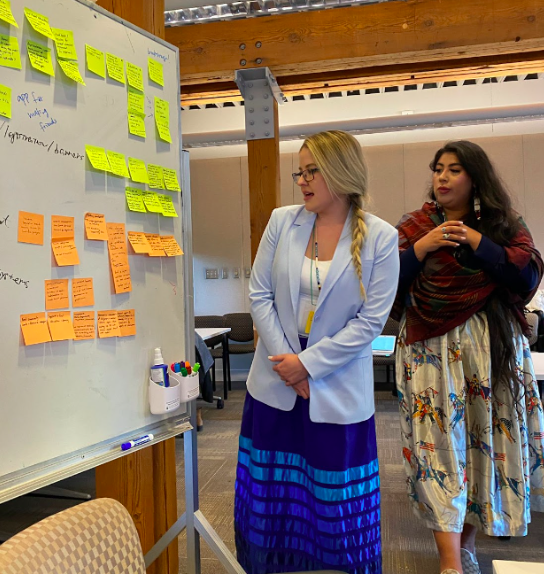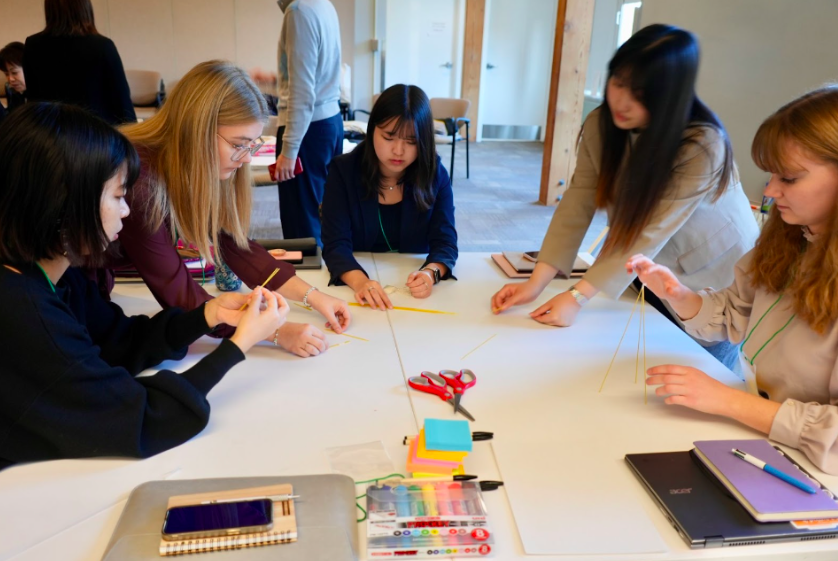How Can we Build a More Peaceful World: Canadian and Japanese Youth Identify Multiple Solutions Under the Purview of Peace Education
Youth from Canada and Hiroshima joined forces in a unique bilateral opportunity to reflect on factors making the world less peaceful and suggest solutions to overcome those global issues under the purview of peace education. Drawing on their different backgrounds, delegates presented over dozens of solutions to address four global issues they identified as priorities: Lack of Diversity in Policy-making; Climate-based Human Displacement; Land and Resource Governance; and Racial and Gender based Violence.
Hiroshima Organization for Global Peace (HOPe), established with Hiroshima Prefectural Government and several organizations in Hiroshima, launched the G7 Hiroshima Summit Legacy Project “Youth Caravan from Hiroshima” to dispatch youths, primarily from Hiroshima, to various G7 countries. As a part of “Youth Caravan from Hiroshima” US-Canada tour organized by HOPe, 5 delegates from alumni of Young Diplomats of Canada (YDC) and 5 delegates of US-Canada tour members from Japan took part in the first Canada-Japan Policy Design Workshop in Vancouver on November 16, 2023. In the workshop, a total of 10 delegates gathered to develop policy proposals under the concept of design thinking using Canadian and Japanese cultural backgrounds. The workshop was delivered by G7/G20 Youth Japan, the partner organization of YDC.
During the workshop, participants brainstormed, discussed and prototyped ideas of solutions from the standpoint of global policy. Bringing together their different understanding of world peace, they were able to identify international and national level-based solutions to answer the following questions:
How might we institutionalize and assess diversity in policy-making processes?
How might we ensure access to minority groups in policy spaces?
How might we ensure equitable resource access and distribution?
How might we strengthen post-disaster planning?
How might we incorporate consensus and consent in land and resource governance?
How might we increase capacity and transform systems?
How might we decrease unconscious bias and negative perception?
How might we remove gaps/barriers in existing policy and legislation?
Education was identified as a key tool in all the questions raised whether it focuses on policy-makers or on the population. Furthermore, the need for countries to work together by sharing information, experience, knowledge, lessons learned and data seems unavoidable to tackle present social and global issues as well as upcoming challenges due, among other things, to climate change.
After final presentations, delegates had the opportunity to hear wise words from Deputy Consul General of Japan in Vancouver, Ms. Satomi Okagaki. Underscoring the importance and significance of peace education as conflicts are ongoing in the world, Ms. Okagaki emphasized the need to educate future generations on the matter. She highlighted the work of delegates stating that their current contribution to the reflection on world peace may one day lead to concrete changes.
The organization of this workshop derives from the exchange of good practices regarding international youth summits as the Hiroshima ends its G7 summit host year and as Canada is getting ready to host the Summit in 2025. The initiative also seeks to further Japanese studies in Canada, including the Vancouver region in collaboration with the UBC Centre for Japan Research and the Japan Foundation Toronto.




